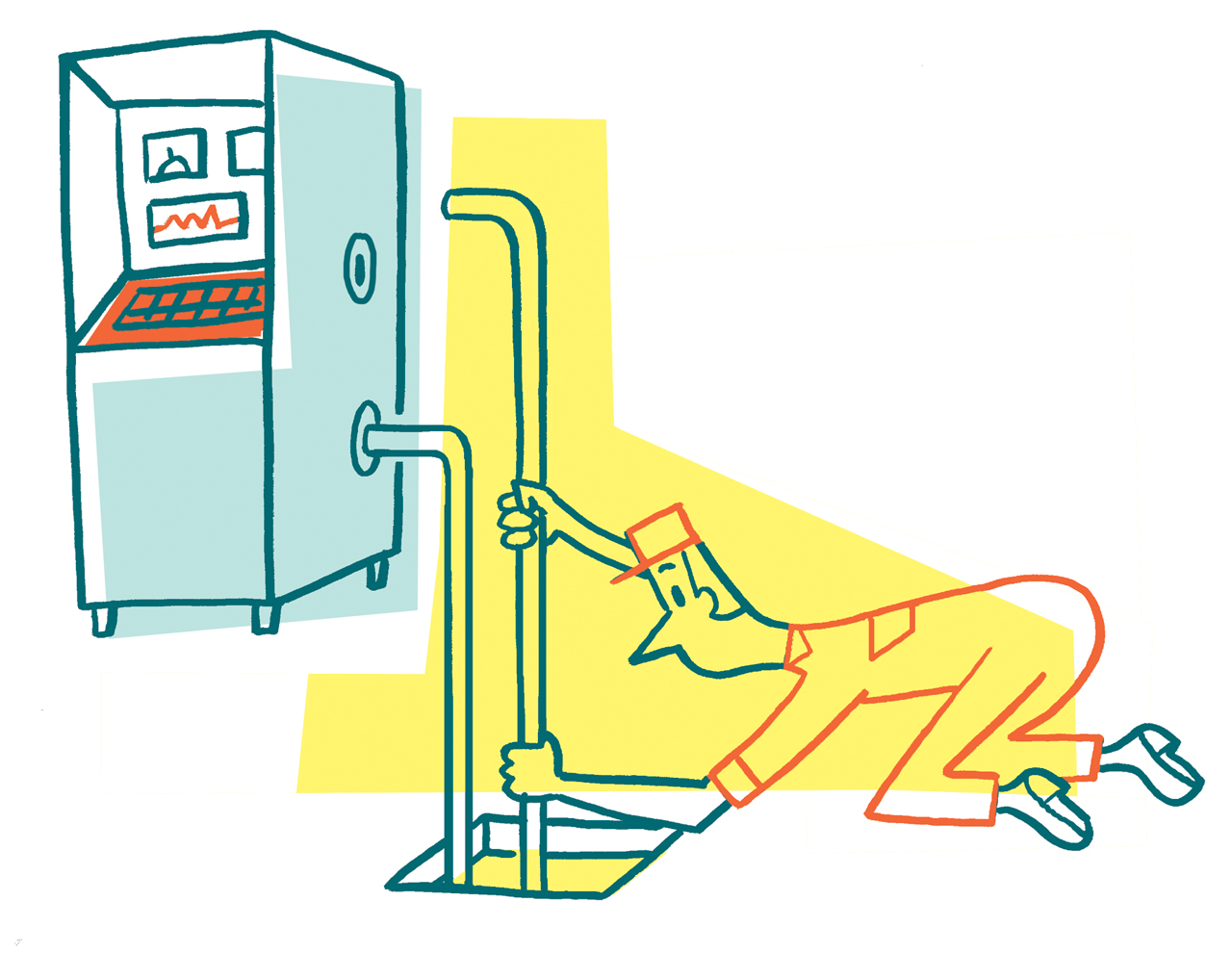The Local newsletter is your free, daily guide to life in Colorado. For locals, by locals.
It’s virtually impossible to turn a century-old brick bungalow into a LEED-certified, net-zero house—without spending hundreds of thousands of dollars, anyway—but that doesn’t mean you can’t make a few smart updates to vastly improve your home’s sustainability factor (and save some cash). We assembled the ultimate green team for advice on how to make your home more efficient.

> Put the sun to work for you
On hot summer days, Colorado’s scorching sun will bake your south- and west-facing rooms. A solar-panel awning can do double-duty: It’ll shade your rooms and capture enough energy to power your swamp cooler.
> Upgrade your thermostat
Even if you don’t want to shell out $250 for a super-smart Nest Learning Thermostat, buy a basic programmable thermostat, which will only run you around $40. You’ll be able to set your heating and cooling system to shut down when you’re out and power up when you’re about to get home.
> Caulk it up
Loading up the caulk gun might sound low-tech, but any spot in your home without a perfect seal will increase your utility bill. Circle your home, checking all your windows and doors as well as in-ceiling light fixtures and smoke detectors for gaps—and then plug ’em.
> Watch your water
A tankless hot water heater will set you back more up front, but you’ll no longer be keeping 50 gallons of water hot at all times. And don’t be afraid to wash your clothes with cold water—they’ll still get plenty clean.
> Drill, baby, drill
If you’re doing a major gut-job on your home, consider a ground-source heat pump, which uses the earth’s steady, below-frost-line geothermal temperature to keep your house cool in the summer and warm in the winter.
> Call in the pros
Energy auditors (call Xcel Energy for recs) have new high-tech tools like infrared guns and blower tests that they use when conducting home surveys to see where heated or cooled air is escaping. They’ll be able to point out the spots you need to weatherize to keep your energy bill down.









